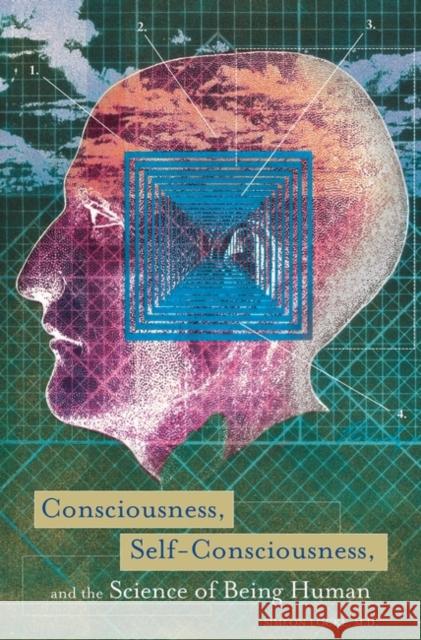Consciousness, Self-Consciousness, and the Science of Being Human » książka
Consciousness, Self-Consciousness, and the Science of Being Human
ISBN-13: 9780313350061 / Angielski / Twarda / 2007 / 172 str.
It is a question that may seem, at once, simple yet profoundly complicated: What is consciousness? And from where in the body, or mind, does it arise? In his work, esteemed Harvard scholar Simeon Locke, M.D. brings us the debate over substance and source in consciousness, and offers what he sees as the resolution to this debate, with accessible text explaining the neurologist's thinking on how to define, measure and explain consciousness, from a variety of field's perspectives. Efforts to understand consciousness - perhaps the supreme manifestation of self-consciousness - continue. Books are written. Predictions are made. Physicists, psychologists, biologists, and philosophers participate. The brain is studied, but an understanding of consciousness eludes us, explains Locke. Still, the quest continues. We are not looking in the wrong place, for surely consciousness is a function of the nervous system. But we may be looking for the wrong thing, Locke adds. Quest implies we are looking for something, and consciousness is not a something. It is a process, or so-called distributed function of the brain. In this work, Locke explains how the nervous system plays a primary role in consciousness.
Although scholars and scientists have debated the source of consciousness for more than a century, advances in brain science have brought the question to the forefront now, launching events from the Toward a Science of Consciousness convention in 2006, to the 11th Annual Association for the Scientific Study of Consciousness convention in 2007. Across the nation, scholars and students are working to determine answers about consciousness, at sites from California's John F. Kennedy University degree program in Consciousness and Transformative Studies, to Vermont's Goddard College degree program in Consciousness Studies. And in this work, a patriarch in the field of Neurology explains his science and its vital role in consciousness, and how it makes us human.











